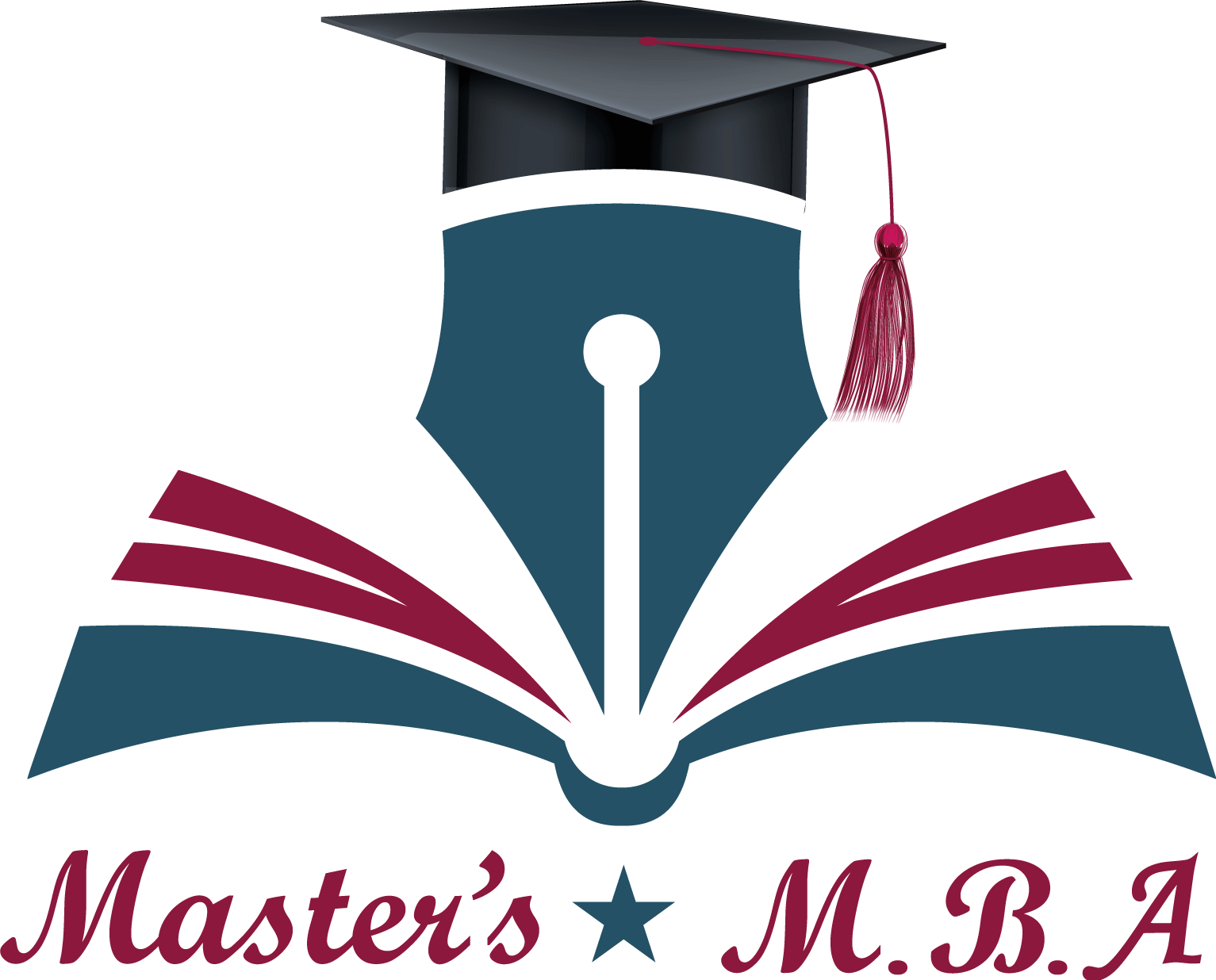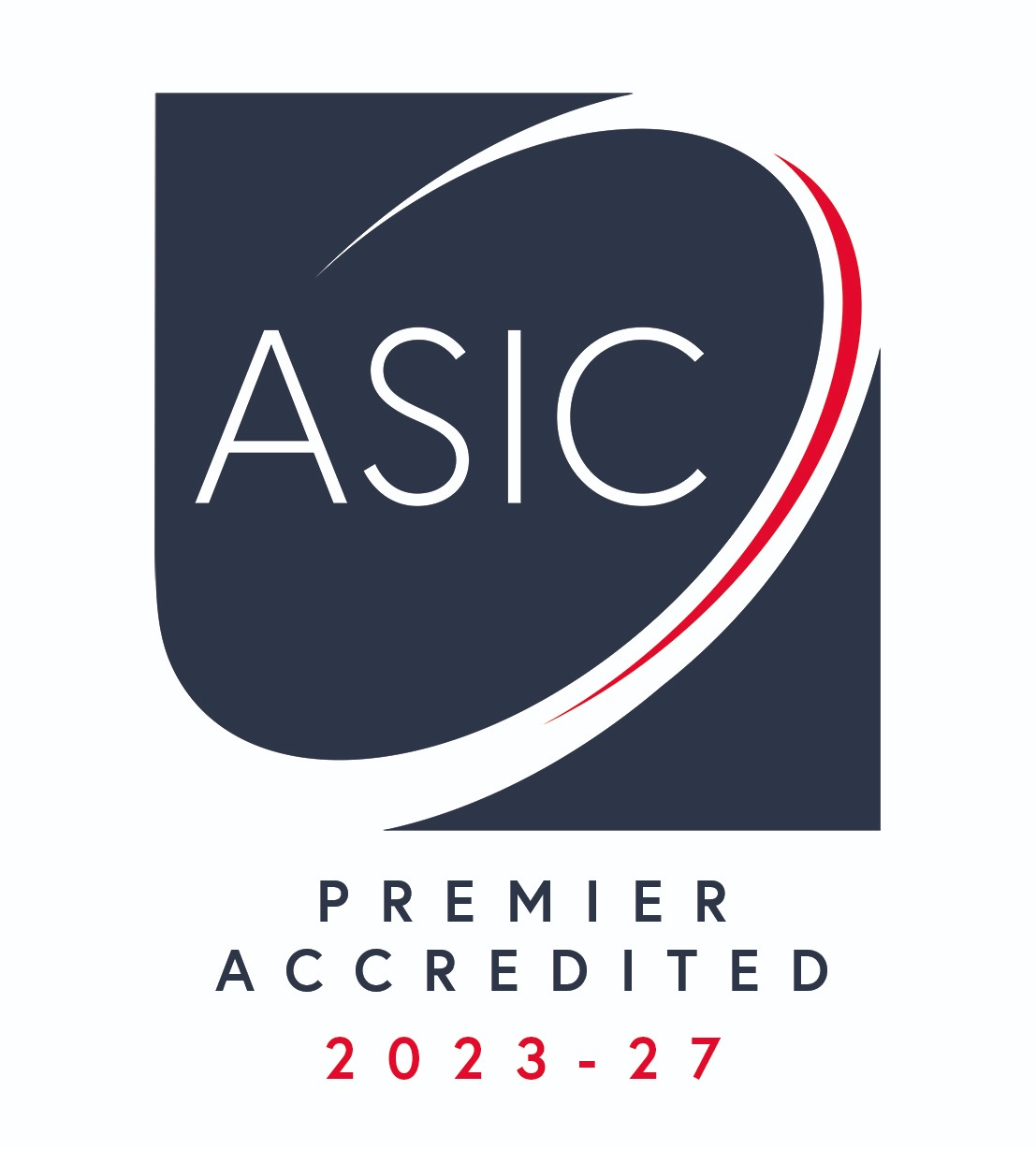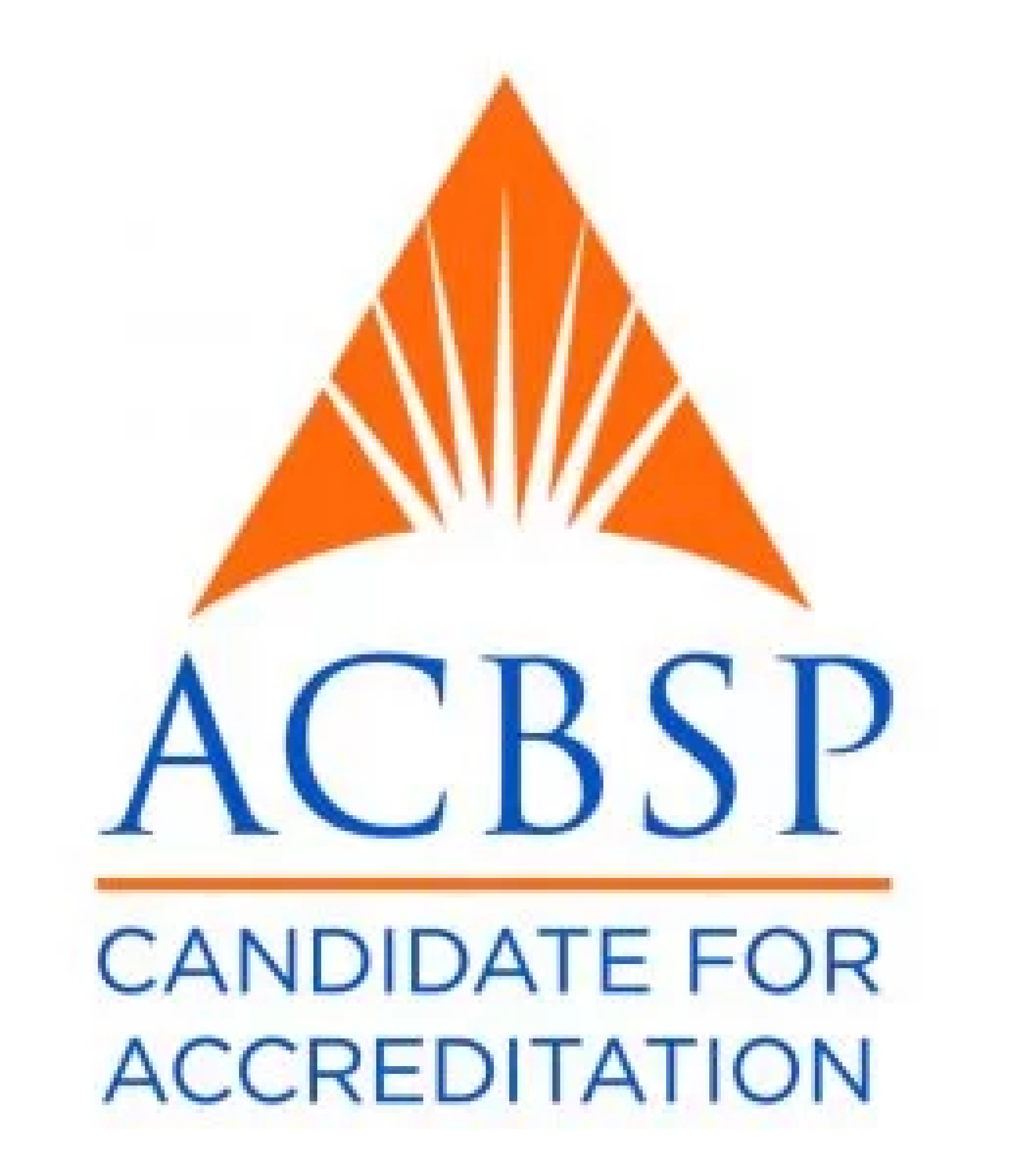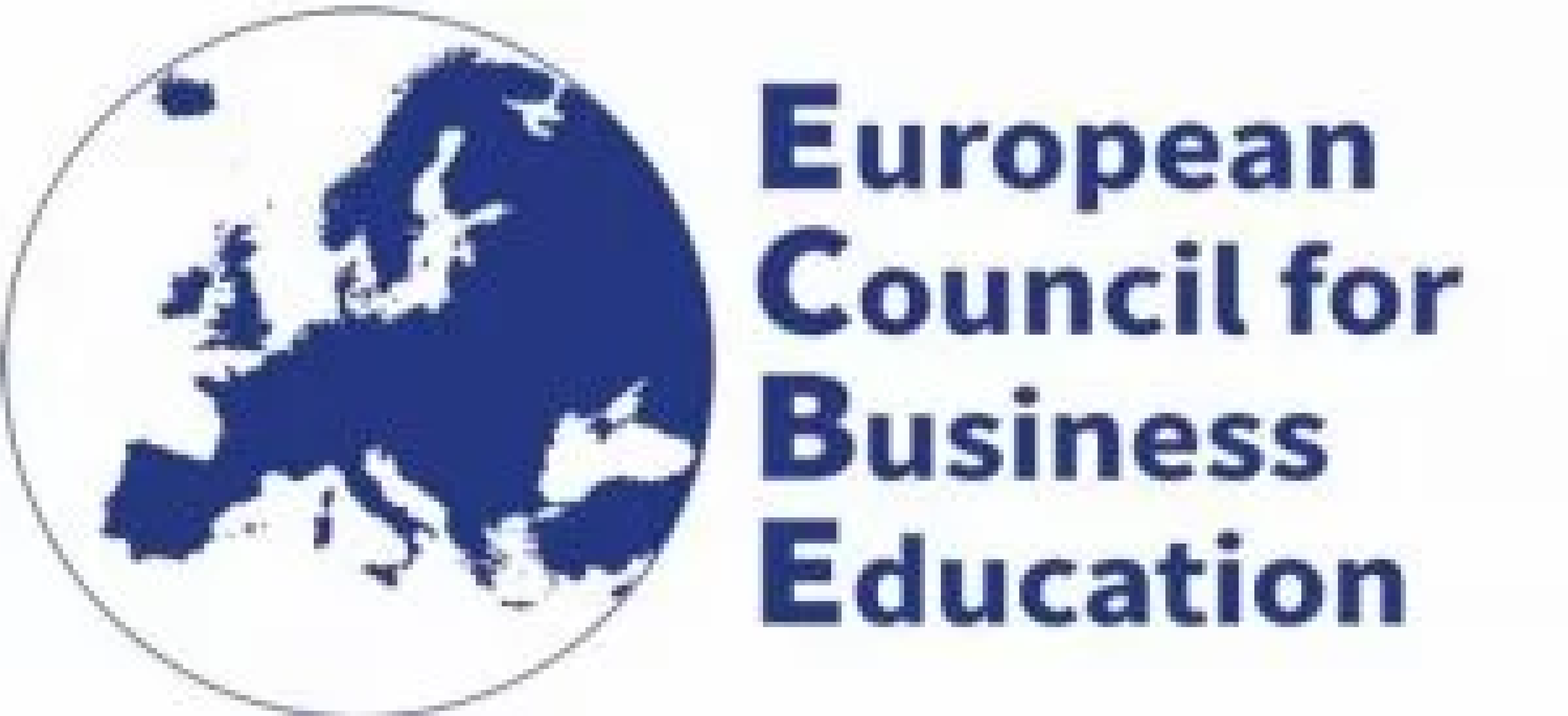M-971: Introduction to Human Rights [9ECT]
Introduction:
This subject provides foundational knowledge on the historical development and key principles of human rights. It examines the institutions, mechanisms, and challenges involved in upholding civil, political, economic, social, and cultural rights worldwide.
Objectives:
- Trace the historical evolution of human rights.
- Understand the roles and structures of human rights institutions and mechanisms.
- Explore civil, political, economic, and cultural rights in theory and practice.
- Analyze regional human rights systems and their effectiveness.
- Discuss contemporary challenges in human rights advocacy, such as migration and climate justice.
M-972: Gender Studies: Theory and Concepts [9ECT]
Introduction:
This subject introduces foundational theories and concepts in gender studies, emphasizing the intersections of gender with race, class, and sexuality. It critically examines frameworks like feminism, masculinity studies, and queer theory in a global context.
Objectives:
- Understand key theories and concepts in gender studies.
- Explore the evolution and diversity of feminist thought.
- Analyze the construction of masculinity and its societal implications.
- Examine intersectionality as a framework for understanding identity.
- Assess global perspectives on gender norms and practices.
M-973: Women's Rights and Gender Equality [9ECT]
Introduction:
This subject delves into the historical and legal foundations of women’s rights. It covers international conventions, gender-based violence, and the role of women in education, the workplace, and politics.
Objectives:
- Understand the historical progression of women’s rights.
- Analyze international conventions like CEDAW and their implications.
- Assess gender equality challenges in education and the workplace.
- Examine the prevalence and impacts of gender-based violence.
- Explore strategies for enhancing women’s political participation.
M-974: Gender, Conflict, and Peacebuilding [9ECT]
Introduction:
This subject examines the gendered dimensions of conflict and peacebuilding, focusing on women’s roles in post-conflict reconstruction and the international community’s responses to gender-based violence in conflict zones.
Objectives:
- Explore the impact of armed conflict on gender roles.
- Analyze the role of women in peacebuilding and post-conflict recovery.
- Understand the prevalence and consequences of sexual violence in conflict.
- Examine international responses to gendered issues in conflict zones.
- Evaluate gender-sensitive approaches to peacekeeping and conflict resolution.
M-975: Human Rights and Globalization [9ECT]
Introduction:
This subject explores the interplay between globalization and human rights, focusing on issues like corporate accountability, migration, environmental justice, and the role of global civil society in advocacy.
Objectives:
- Analyze the impact of globalization on human rights.
- Examine the responsibilities of transnational corporations toward human rights.
- Understand the human rights implications of global migration and trade.
- Assess environmental rights in the context of global economic systems.
- Explore the role of global civil society in advocating for human rights.
M-976: Gender and Development [9ECT]
Introduction:
This subject investigates the intersection of gender and development, focusing on economic growth, education, health, and urban and rural development initiatives.
Objectives:
- Explore theories linking gender and development.
- Analyze the role of women in economic and community development.
- Assess the impact of gender inequality in education and health.
- Examine gendered challenges in rural and urban development.
- Evaluate policies aimed at achieving gender equality in development contexts.
M-977: Child Rights and Gender [9ECT]
Introduction:
This subject addresses the unique challenges faced by children in the context of human rights and gender dynamics. Topics include child labor, early marriage, and education as a fundamental right.
Objectives:
- Understand international frameworks for protecting child rights.
- Analyze the intersection of gender and childhood in various cultural contexts.
- Explore challenges like child labor, exploitation, and early marriage.
- Assess strategies for promoting education as a child right.
- Advocate for gender-sensitive approaches to child rights.
M-978: Human Rights and Social Justice [9ECT]
Introduction:
This subject integrates human rights and social justice theories to address issues like poverty, economic inequality, race, and disability. It focuses on advocacy strategies for promoting equitable and inclusive societies.
Objectives:
- Understand key theories of social justice and their relevance to human rights.
- Examine the relationship between human rights and economic inequality.
- Analyze the intersections of race, ethnicity, disability, and poverty with human rights.
- Explore practical strategies for advocating for social justice.
- Develop approaches to address systemic inequality through human rights frameworks.
M-979: Action Research Paper [18 ECT]













